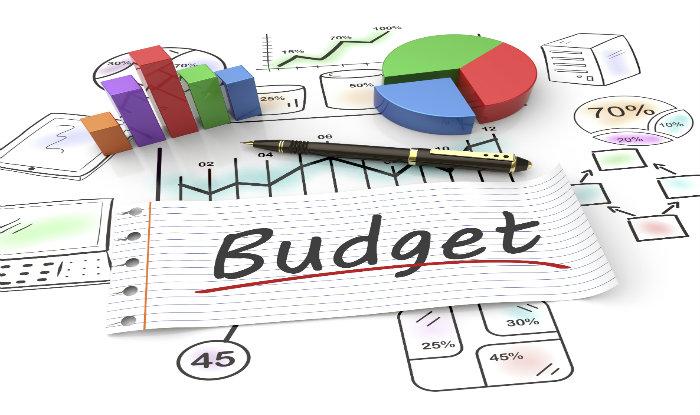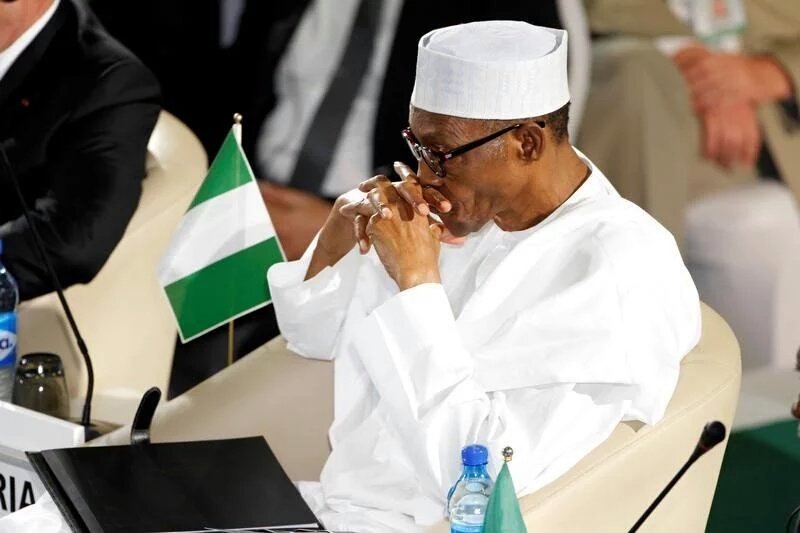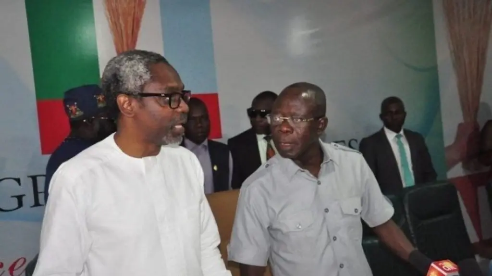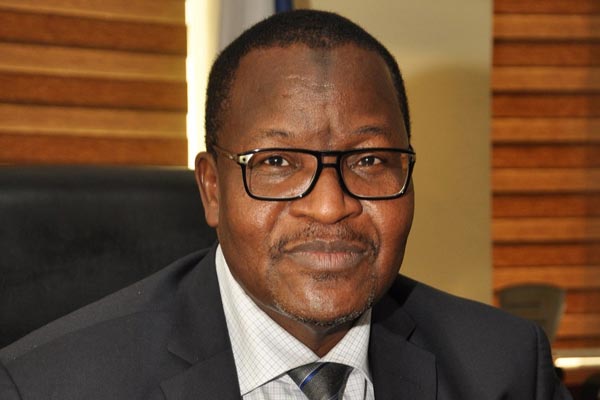Business
LCCI expresses mixed feelings about 2020 proposed budget
Published
5 years agoon
By
Olu Emmanuel
The Lagos Chamber of Commerce and Industry (LCCI) have expressed its mixed feelings about the N10.33 trillion budget proposed by the executive for the 2020 fiscal year.
Noting that January-December budget cycle would also reduce the uncertainty that has characterized the late presentation and passage of the budget in recent years, the LCCI boss stated that while the key assumptions underpinning the budget were realistic.
He, however, expressed the group’s concern about the exchange rate assumption of N305 to the dollar.
According to him, exchange rate assumption is difficult to justify, especially at a time when declining revenue has become a major issue both for the government and the citizens.
He expatiated: “The 2020 budget numbers underscore the need to be more innovative in boosting revenue, reducing leakages and ensuring that revenue generating agencies of government remit what is due to government. We need to do things differently if we must get a different result.
“In view of the critical revenue situation reflected in the budget numbers and previous revenue performance, no effort should be spared to attract private capital for investment in key infrastructures that may considered bankable. This would reduce the financing gaps that currently exists.
“The private sector looks forward to the details of the finance bill proposed by the government in order to ensure appropriate engagement with the legislature before it passage into law. We believe that there should be a window of opportunity for stakeholders to make their inputs into the into the budget consideration process.
“We note that the total budget size is N10.3trillion. The recurrent component is N4.88 trillion, debt service is N2.45 trillion. Together, these two budget items amount to 7.33 trillion, which is 90% total revenue estimates. And from the track record of revenue performance, the percentage may be much higher when related to the actual numbers. All of these indicate that the hope for an impactful investment in infrastructure is dim and would remain so for some time to come”, Yusuf added.
Pointing out the critical role of strong infrastructure base underlines the imperative of appropriate policy choices to attract domestic and foreign private sector capital for infrastructure financing, the OPS leader stated that this required that government needs to look beyond tax credit in its quest for more complimentary funding sources for infrastructure.
He advised that Nigeria should be looking more in the direction of equity financing, adding that for this to happen, the policy and regulatory environment must be right.
While commending the Executive on its plan to present an Executive Petroleum Industry Bill which would hopefully address the key reform expectations in the oil and gas sector, the industrial expert noted that the sector had not been able to attract desired level investment because of grave policy limitations and the associated uncertainty in the sector.
To achieve the goal of the legislative initiative, he stated that it was important to make the crafting of the new bill an inclusive process, taking into account the perspectives of key stakeholders.
Yusuf stated the group’s endorsement of the decision of government to put in place a framework for government owned enterprises to contribute better to revenue, noting that the introduction of benchmarks within a cost to revenue ratio framework is a move in the right direction as the government-owned enterprises can do better in their remittance of surplus to the federation account.
On the proposed N2.46 trillion proposed in the Appropriation Bill for debt servicing, the OPS group decried the huge sum based on the fact that both debt service commitment and recurrent spending were beginning to crowd out capital expenditure.
According to the LCCI boss, the increasing provisions for debt servicing and recurrent expenditure scenario are not in alignment with the aspiration to build infrastructure and a competitive economy.
The group’s Director General also welcomed the indication given by the president to ensure the creation of a single window to strengthen trade facilitation process in the country, especially that the provision of the single window has been curiously elusive over the years.
Yusuf expressed the hope that this time, the necessary political will would be mustered to ensure that the single window project becomes a reality.
He also described the absence of scanners at the nation’s ports and border posts as unfitting that with Nigeria’s stature as the biggest economy on the African continent, the country has grossly failed in the use of technology to facilitate her international trade processes.
Yusuf stated further that the LCCI was looking forward to the details of the Finance Bill referenced by the President in the budget presentation to the National Assembly as it is important to ensure appropriate engagement with stakeholders to make their inputs before the passage of the bill into law.
You may like


High inflation rate remains major challenge to investors, Nigerians – Experts


Nigeria adopts $25 per barrel benchmark for 2020 budget


Recession looms in Nigeria as oil price falls below 2020 budget benchmark


2020 Budget: Presidency under threat as oil sinks to $54


2020 budget: Oshiomhole commends Gbajabiamila over patriotism


NCC Presents 2019 Budget Performance, Defends 2020 Budget at National Assembly
Trending

 Comments and Issues2 days ago
Comments and Issues2 days agoAs Ariwoola takes the judiciary to the top of the grease pole

 Business6 days ago
Business6 days agoNMDPRA Chief faces backlash over comment on Dangote Refinery

 Business1 week ago
Business1 week agoGlobal cyber outage disrupts flights, Banks, telecoms, Media

 Business1 week ago
Business1 week agoKPMG criticizes FG’s 50% windfall tax, foresees legal disputes

 Business5 days ago
Business5 days agoZenith Bank retains position as Nigeria’s Tier-1 capital leader

 News6 days ago
News6 days agoPhilip Shaibu officially joins APC, dumps PDP

 Education7 days ago
Education7 days agoJAMB reacts to allege age limit by ministry of education

 Comments and Issues5 days ago
Comments and Issues5 days agoOnanuga and the Surprise from Joe Igbokwe




